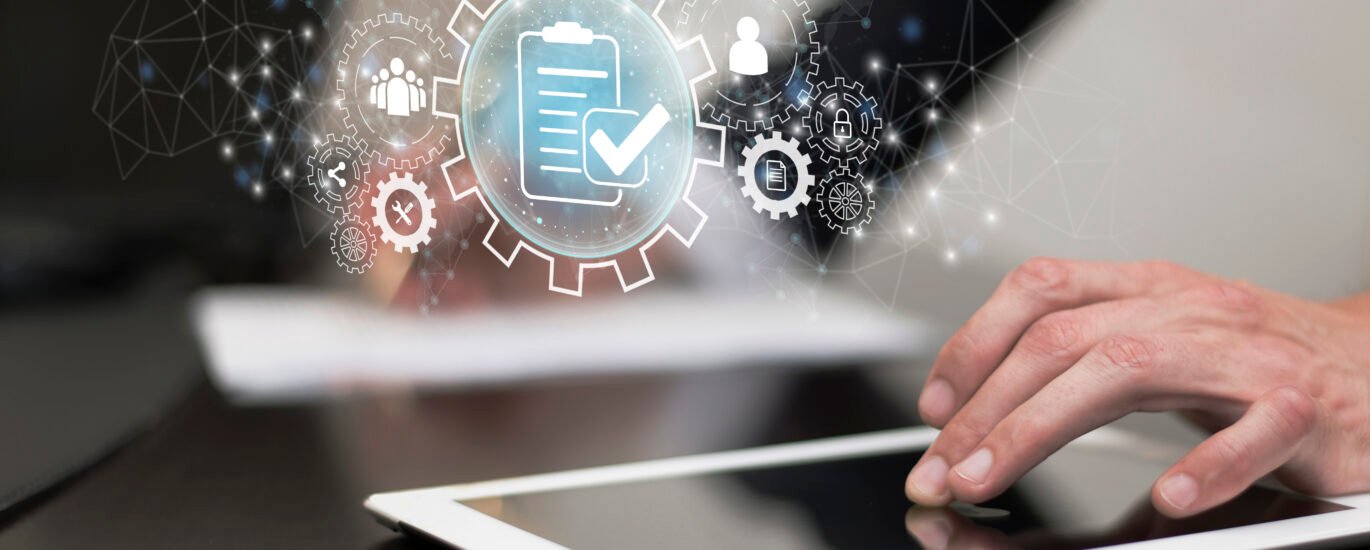Artificial Intelligence (AI) is no longer a futuristic concept in the legal industry—it’s a working reality. From document review to research and litigation analytics, AI is reshaping how law firms, in-house teams, and legal tech startups deliver services. One of the most impactful applications today is AI-assisted legal drafting and smart contract generation. These technologies are transforming the traditional drafting process into a faster, smarter, and more reliable workflow.
What Is AI-Assisted Legal Drafting?
AI-assisted legal drafting refers to the use of machine learning and natural language processing (NLP) tools to help lawyers draft, review, and refine legal documents. Unlike static templates, these tools learn from large datasets—millions of contracts, clauses, and judgments—to suggest contextually accurate language.
Platforms like Harvey AI, Spellbook, and Lexis+ AI can now generate first drafts of agreements, compliance letters, or even pleadings in minutes. They understand clause intent, adjust tone, and adapt to local laws or corporate styles. This saves valuable time and allows legal professionals to focus on strategy rather than formatting or repetitive text.
How Smart Contracts Are Changing the Game
While AI-assisted drafting focuses on traditional legal documents, smart contract generation takes automation a step further. A smart contract is a self-executing digital agreement built on blockchain technology, where the terms of the contract are directly written into code.
For example, a smart lease agreement can automatically release payment to a landlord once a tenant confirms property condition through an app. No intermediaries, no delays—just transparent execution.
With the integration of AI, these smart contracts can now be auto-generated, reviewed for logical errors, and tested for risk scenarios before deployment. This combination of AI and blockchain is redefining how businesses handle trust and compliance.
Key Benefits for Legal Professionals
1. Speed and Efficiency
AI tools can draft a 10-page agreement in seconds. Lawyers can then review and refine the output instead of starting from scratch. This reduces turnaround time and improves productivity.
2. Consistency and Risk Reduction
AI identifies missing clauses, conflicting terms, or outdated legal references. By learning from best-practice templates, it ensures greater drafting accuracy and consistency.
3. Enhanced Accessibility
For startups, small businesses, or individuals without access to large legal teams, AI-powered tools democratize legal help. Affordable platforms can generate legally sound drafts with minimal guidance.
4. Smart Compliance
AI engines can flag jurisdictional inconsistencies or non-compliant language—helping firms stay ahead of evolving regulations such as data privacy or ESG clauses.
Challenges and Ethical Considerations
Despite its advantages, AI-assisted drafting raises serious ethical and practical questions.
- Who owns the AI-generated content—the user, the firm, or the software provider?
- How do we ensure confidentiality when client data is processed by third-party systems?
- Can an AI system truly understand the “intent” behind legal language or the nuances of negotiation?
Legal professionals must maintain a “human-in-the-loop” approach. AI should assist, not replace, the lawyer’s judgment. Bar associations are already exploring AI ethics frameworks to balance innovation with accountability.
The Future of Legal Drafting: Collaboration, Not Competition
The future isn’t about machines replacing lawyers—it’s about lawyers who know how to work with machines. Firms that invest in AI literacy, prompt engineering, and secure AI tools will stay ahead.
In the coming years, we’ll see AI platforms that:
- Automatically update clauses based on new legislation
- Offer real-time negotiation simulations
- Integrate with blockchain for seamless smart contract execution
The next generation of lawyers will not only draft documents but also design intelligent legal systems that self-optimize over time.
Conclusion
AI-assisted legal drafting and smart contract generation are not just technological upgrades—they represent a paradigm shift in how legal services are delivered. By blending human expertise with machine intelligence, law firms can achieve unmatched efficiency, transparency, and precision.
The key is not to fear automation but to embrace augmentation—letting AI handle the routine, while humans lead with strategy, ethics, and empathy. The firms that understand this balance will define the future of law.







